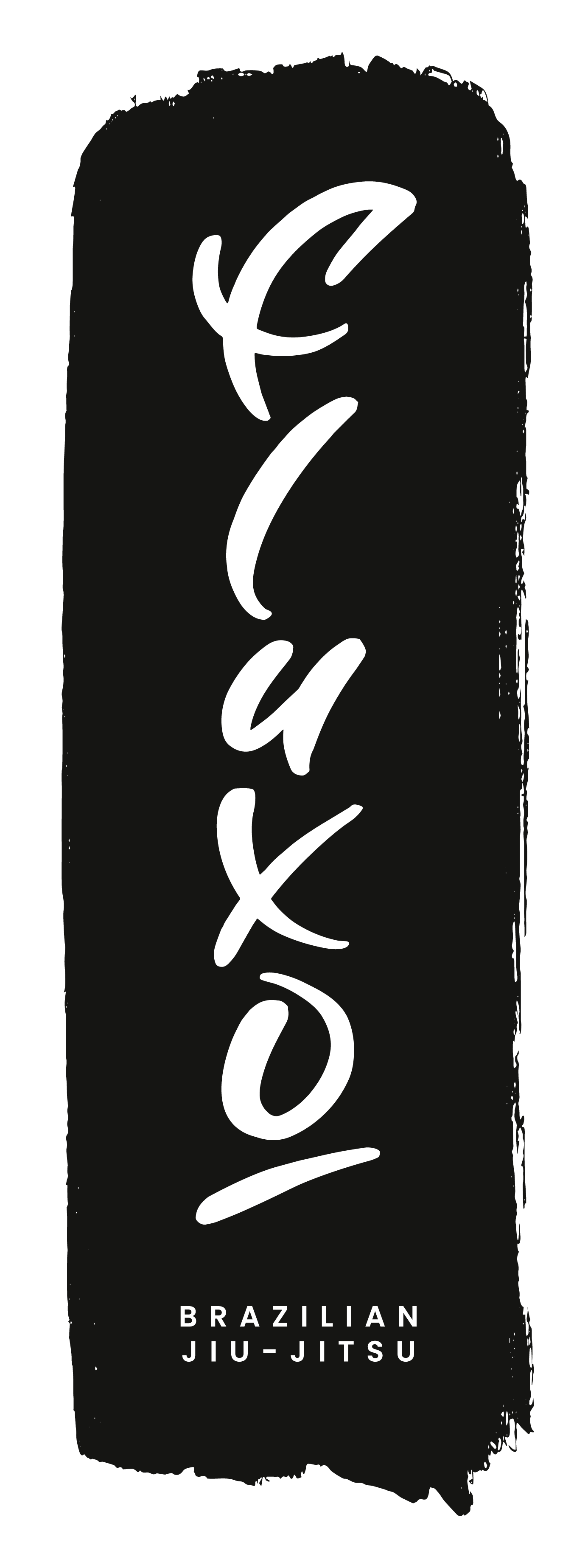TRAIN GOOD
During my journey through Brazilian Jiu-Jitsu, I have found various principles and pieces of advice which have made my learning simpler. I often find myself wondering just how much further ahead I would be today if I had known these things from the start. That's why I always try to share these principles with my beginners' classes and my private students. I want everyone to start their journey off with these important tips.
Brazilian Jiu-Jitsu is a very cerebral practice; you have to wait, be patient and know when to apply the proper technique. Stay calm under pressure and use the environment to your advantage. Train your mind to stay relaxed during rolling. Learn when to go hard and when to pace yourself. Try to rely on your sense of leverage over strength—though there will also be a time for strength. Learning Jiu-Jitsu is about discovering leverage in seemingly impossible situations. Doing so also allows us to keep our partners injury-free, as we need each other to learn and grow.
Like most beginners, many white belts have the tendency to want to learn as much as possible, as fast as possible.
It may seem counterintuitive, but at this stage, learning twice as many techniques is not beneficial, and is likely to actually slow down your progress. To reduce the risk of confusion and injury, it is important to get a better understanding of the basic movements, the variations of shrimping, crawling, hip movements, grips, and weight distribution, before moving on to more advanced techniques.
If you decide to venture out on Instagram or YouTube to further your learning, ask yourself a few questions before adding new techniques to your arsenal:
1) Can I apply this technique in a real fight against a striking opponent?
2) Is this technique energy efficient enough to be applied against a larger opponent?
3) Is this technique based on movements that are natural for my body?
I believe that we get fit to play sports, not play sports to get fit. Regardless of what anyone says, you need a base level of strength and fitness to get the most out of Jiu-Jitsu.
When your body is well-conditioned, you will be able to endure longer periods of training and rolling. Through physical endurance, you are less likely to lose focus and more likely to grasp information with efficiency and speed. Physical strength is an important factor in survival and for safeguarding the body against injuries. The key to strength training is improving performance and health. Strength training will reduce the risk of injury and slow the deterioration of muscle mass as the body ages.
Everyone who practices BJJ has been a beginner. We all began our journey with the first step, as an empty cup for our instructors to fill with what seems like a bottomless amount of information. The focus should be on getting good first and great later: frequency and consistency play a major role here. BJJ is such a wonderful thing, and is far from easy

